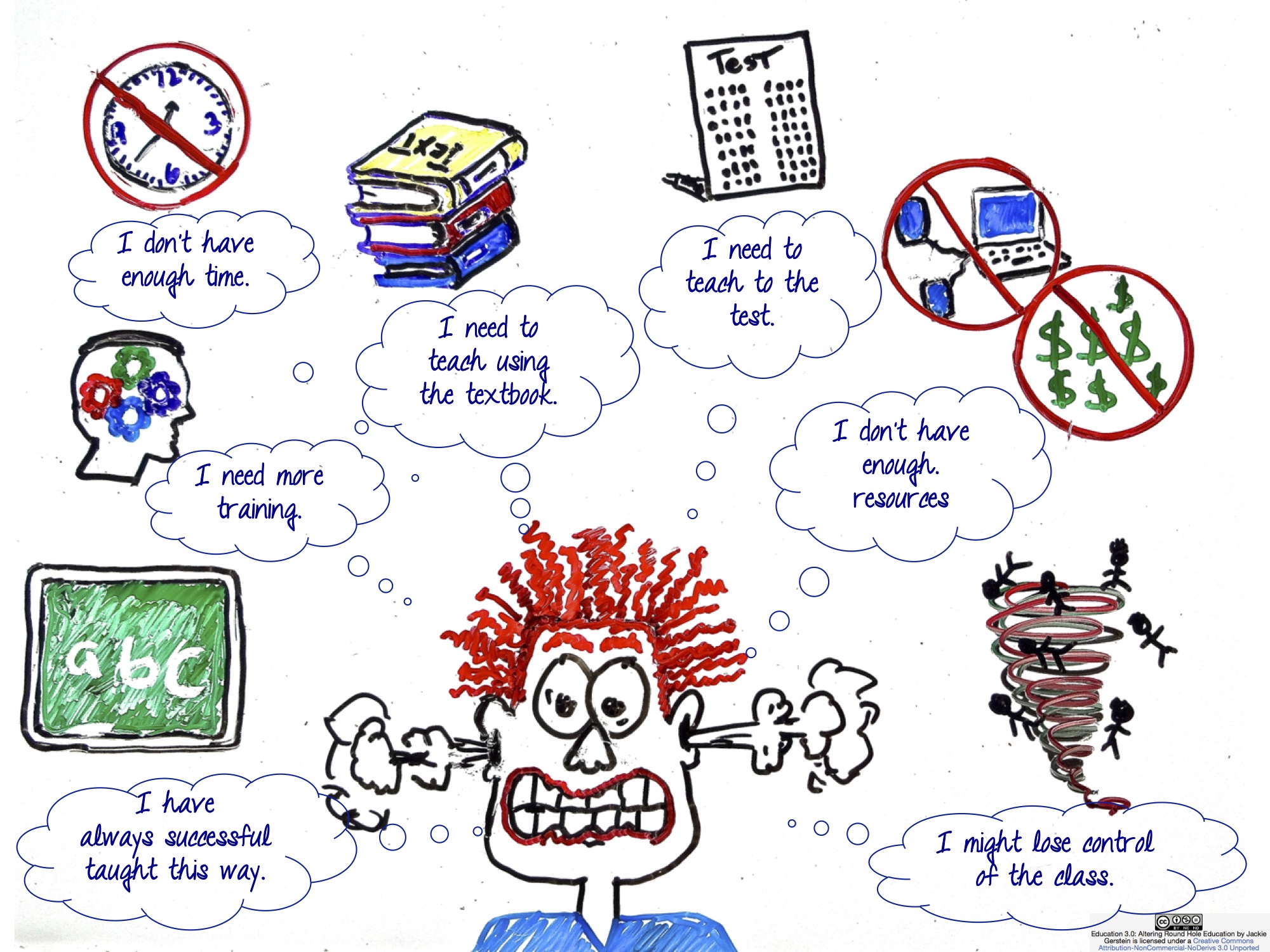Unlike children and teenagers, adults have many responsibilities that they must balance against the demands of learning. Because of these responsibilities, adults have barriers against participating in learning. Some of these barriers include lack of time, money, confidence, or interest, lack of information about opportunities to learn, scheduling problems, "red tape," and problems with childcare and transportation.

Motivation factors can also be a barrier. What motivates adult learners? Typical motivations include a requirement for competence or licensing, an expected (or realised) promotion, job enrichment, a need to maintain old skills or learn new ones, a need to adapt to job changes, or the need to learn in order to comply with company directives.
The best way to motivate adult learners is simply to enhance their reasons for enrolling and decrease the barriers. Training facilitators must learn why their learners are enrolled (the motivators); they must discover what is keeping them from learning. Then the training facilitators must plan their motivating strategies. A successful strategy includes showing adult learners the relationship between training and an expected promotion.